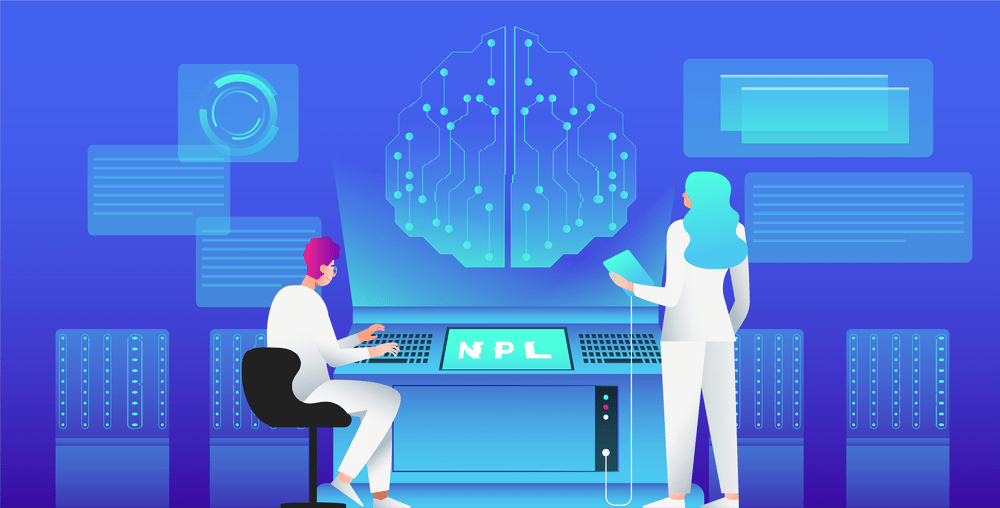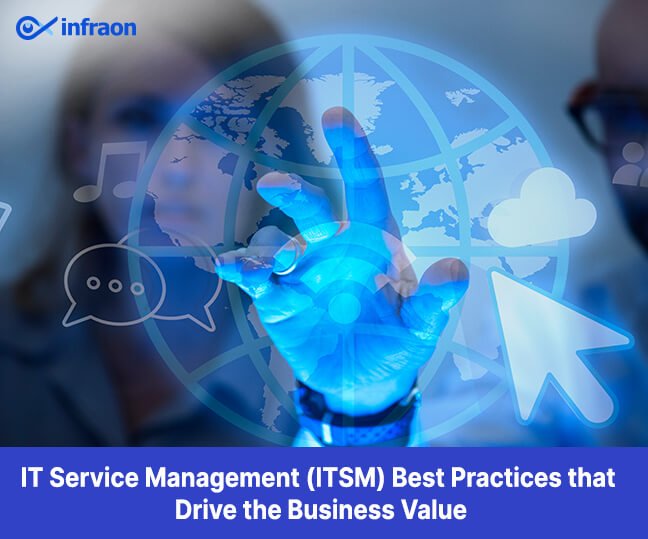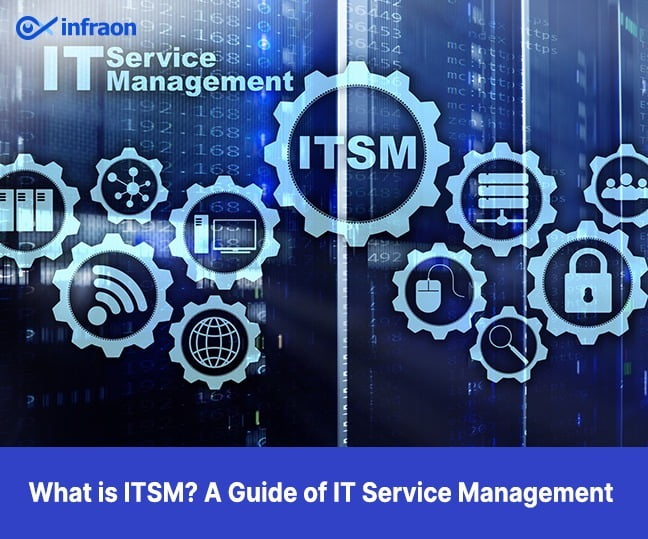IT Service Management (ITSM) constantly evolves, introducing new technologies and tools. But if you have noticed recently, there have been some constants. One of the most promising developments shaping the future of ITSM is leveraging Artificial Intelligence (AI) to power IT service management. However, the fact that AI has the potential to revolutionize ITSM is not exactly breaking news. But what continues to slip under the radar of many ITOps teams is how to unlock AI’s true potential. There’s a dire need to understand the already critical and soon-to-be popular use cases to know this.
Related article: How ITSM Can Transform the Digital Experiences of Employees
First, let’s define what we mean by AI-powered service management.
AI refers to using machines to simulate human intelligence, allowing them to learn, reason, and perform tasks that typically require human intelligence. In the context of ITSM, AI can automate tasks, make predictions, and provide insights that can help organizations improve their IT service delivery.
“62% of organizations already implement AI into their ITSM strategy.”
Now, let’s get straight into the use cases of AI in ITSM.
Future of ITSM: Five Use Cases of AI in ITSM
AI Assistant:
The AI Assistant in ITSM is designed to elevate the user experience, increase operational efficiency, and alleviate the burden on IT support teams. Using AI technologies, it provides a conversational and interactive interface, enabling users to effortlessly access information, resolve problems, and actively participate in ITSM processes. By offering intuitive and user-friendly interactions, the AI Assistant streamlines workflows minimizes manual effort and promotes self-service capabilities, ultimately fostering a more efficient and empowering IT service management environment.
AI in Incident Management
AI-powered tools can automatically identify and categorize incidents based on the language used in service requests or incident reports. So, it empowers IT teams to quickly prioritize and address high-impact incidents, reducing the time and effort required to triage and prioritize incidents manually. AI can also suggest solutions or workarounds to incidents based on historical data and past incident resolutions.
AI in Problem Management
With the help of AI, it becomes easy to identify patterns and trends in incident data, enabling IT teams proactively identify and resolve underlying problems that may be causing multiple incidents. In addition, AI can instantly recommend solutions or workarounds to problems based on historical data and past resolutions. Another important advantage of AI-powered ITSM is organizations can anticipate problems before they occur. By analyzing data in real time, AI tools can detect patterns and anomalies that may indicate potential issues. This can allow IT service professionals to take proactive measures to prevent issues from occurring, minimizing downtime, and avoiding costly disruptions.
AI in Knowledge Management
AI can automate the creation and maintenance of knowledge articles by analyzing data from multiple sources and identifying patterns and trends. It also suggests improvements or updates to existing articles based on user feedback or historical data. Therefore, knowledge articles can remain up-to-date and accurate with reduced time and effort required to create and maintain them.
“Fortune 500 companies lost approximately $31.5 billion annually due to the lack of efficient knowledge management.”
AI in Service Level Management
AI can analyze Service Level Agreement (SLA) data and provide insights to help improve service performance. For example, AI algorithms quickly analyze metrics such as service availability, MTTR, and MTBF to identify patterns and trends. So, it ends up assisting IT teams to understand areas where service levels fall short and take corrective actions. Additionally, AI predicts future service levels, enabling IT teams to better plan for future capacity needs and meet SLAs.
Virtual AI Agent

AI-powered virtual agents can act as virtual service desk agents, thereby offering personalized and interactive assistance to users. These virtual agents come equipped with the intelligence to comprehend natural language queries, address troubleshooting requirements, and deliver step-by-step guidance on problem resolution. Furthermore, virtual agents can access knowledge bases, documentation, and other relevant resources to provide users with precise and consistent information.
“With the help of automation, 22% of total service desk tickets can be resolved at practically no cost.”
Unlocking AI’s Potential vs. Understanding ITSM Challenges
While the potential of AI-powered service management is vast, there are also challenges to implementing this technology. One of the biggest challenges is the need for accurate and comprehensive data. AI relies on large amounts of data to learn and make predictions, so organizations must have accurate and up-to-date data to ensure that AI-powered service management is effective.
Another challenge is the need for skilled resources. While AI can automate many tasks, organizations still need skilled resources to design, implement, and manage AI-powered service management solutions. This requires combining technical expertise, business knowledge, and analytical skills.
Finally, there are concerns about the impact of AI on jobs. While AI can automate many tasks, it can also create new roles and opportunities for humans. As a result, organizations must be prepared to reskill and upskill their workforce to take advantage of these new opportunities.
Related blog: Role of ChatGPT in ITSM: New ally or all hype?
Conclusion
Organizations that embrace AI will likely see significant benefits in faster, more efficient and more accurate IT service delivery. However, implementing AI-powered service management requires careful planning, accurate data, skilled resources, and a willingness to adapt to new technologies and working methods. As we look to the future of ITSM, it’s clear that AI will play an increasingly important role in helping organizations deliver high-quality services to business users and customers. So, the real question is – when will they wake up and smell and the need to push the boundaries of ITSM through the power of AI?



















